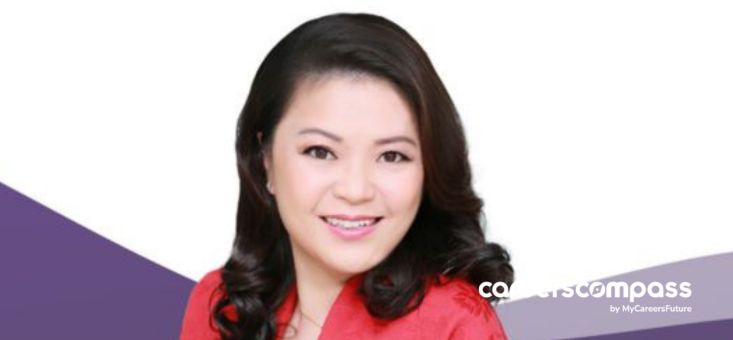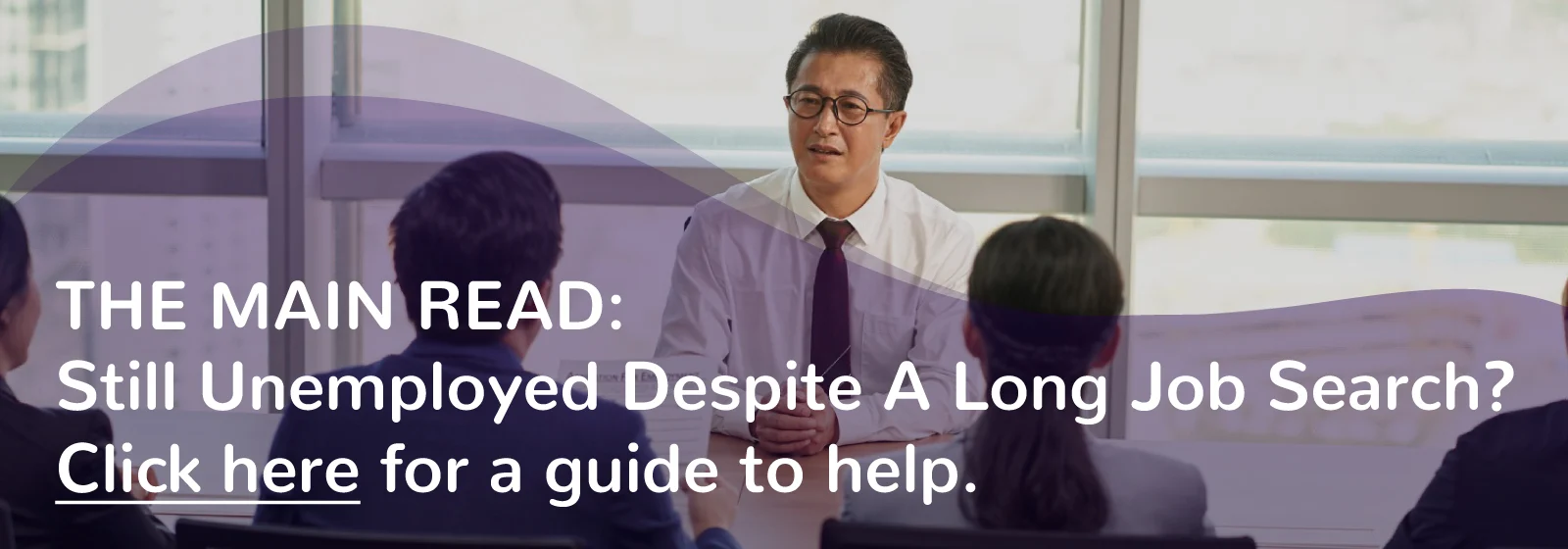Locally, the definition of being long-term unemployed (LTU) includes those who haven’t been able to find work for 25 weeks or more, according to Singapore’s Ministry of Manpower (MOM).
However, according to Jesmin Tan, a Programme Manager and Career Coach at AKG (formerly known as Maximus), on average, the transition journey from start of coaching to a job landing can be shortened greatly.
Of course, this naturally differs according to the jobseeker’s level of functional specialisation, industry know-how and their openness to career possibilities.
Jesmin, who has been a coach since 2010, has accumulated more than a thousand coaching hours supporting local and international professionals in their career transitions.
She answers some questions jobseekers have about career coaches, Singapore’s employment market, and how career coaching can help them find the right role more efficiently.
What are some of the skills career coaches have, both professionally and personally, that help jobseekers?
Jesmin: A good career coach has certain personality traits, such as being a good listener, having a calm and positive attitude, and understanding issues from jobseeker’s point-of-views.
In addition, a career coach’s understanding of the recruitment and selection processes involved in the marketplace, as well as the different functional types and vertical industries, will provide useful market knowledge for jobseekers to understand where the career possibilities are.
How have their employers hiring needs changed in the past decade, and are there any new trends and patterns?
Jesmin: Employers pressured by changes in the competitive landscape increasingly look for the “perfect candidate” in the market which does not always align with the compensation budgeted for the role.
Whilst there are employers who do try to create that balance in their hiring expectations, the selection processes involved tend to over-compensate.
This inevitably leads to interviewing and selection fatigue for both interviewers and candidates, resulting in some possible talents being overlooked.
Because organisations have a short runway in needing talents to be competent in their roles immediately on the join, the selection processes more often become a stringent checklist of “must-haves”.
Employers, especially those with branding or international presence, as such, have more selection options, because of their ability to attract talents, as well as a robust internal culture of promoting talents from within.
Read More: Why Even Fresh Graduates Can Benefit From Having a Career Coach
What is it like being a career coach?
Jesmin: Career coaching is a collaborative process, that involves working together with the coach to draw out more about you and your career aspirations, for more informed career decisions.
Apart from being able to execute our expertise and knowledge to solve the problems of jobseekers, we are also responsible for empowering them to develop sustainable skills and knowledge to enable a more seamless career transition.
Coaching also helps those trapped in long-term unemployment, providing additional clarity and confidence in building resilience during their journey to the next job.
Indeed, the day-to-day life of a career coach is never the same, as the opportunity to interact with different people, listen to their career stories, appreciate their achievements, and help them to identify and overcome their challenges to obtain job satisfaction can widely vary.
Personally, as a career coach, I find communicating with jobseekers from different walks of life, in turn, helps to bring out the best in myself, as the opportunity in guiding and learning from them can also provide job satisfaction and fulfillment.

















